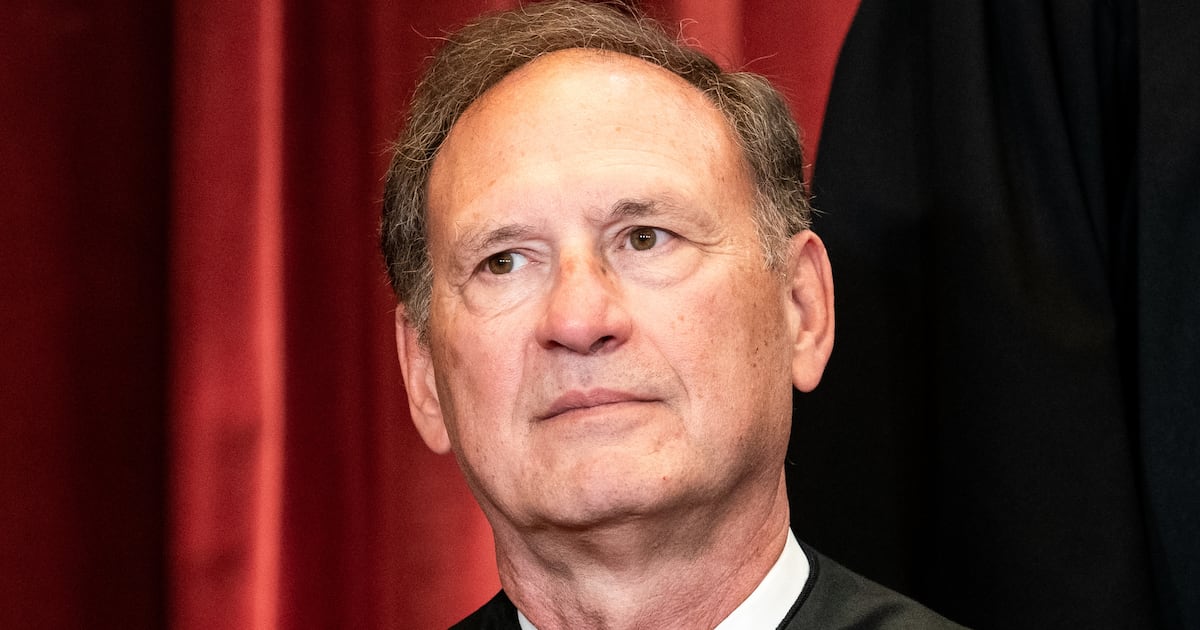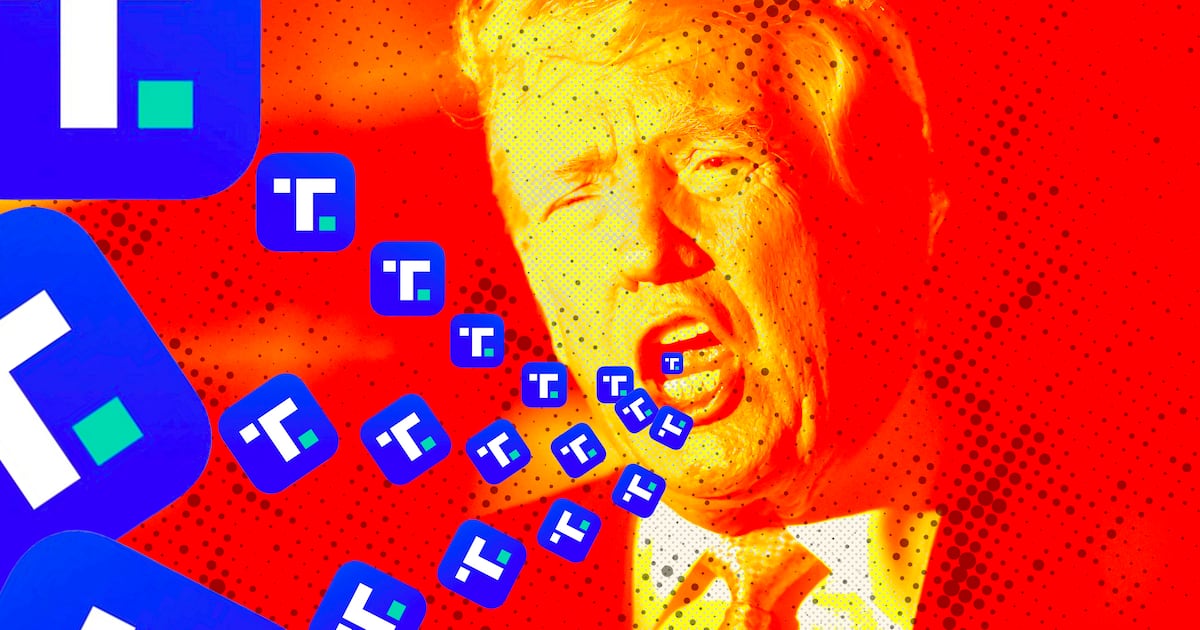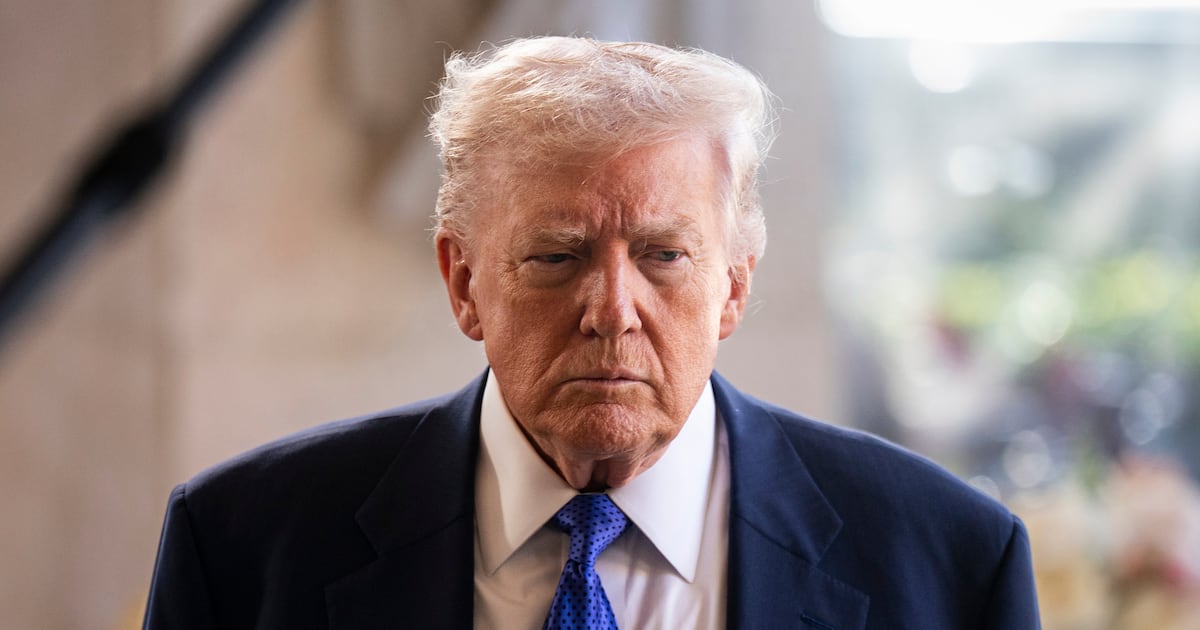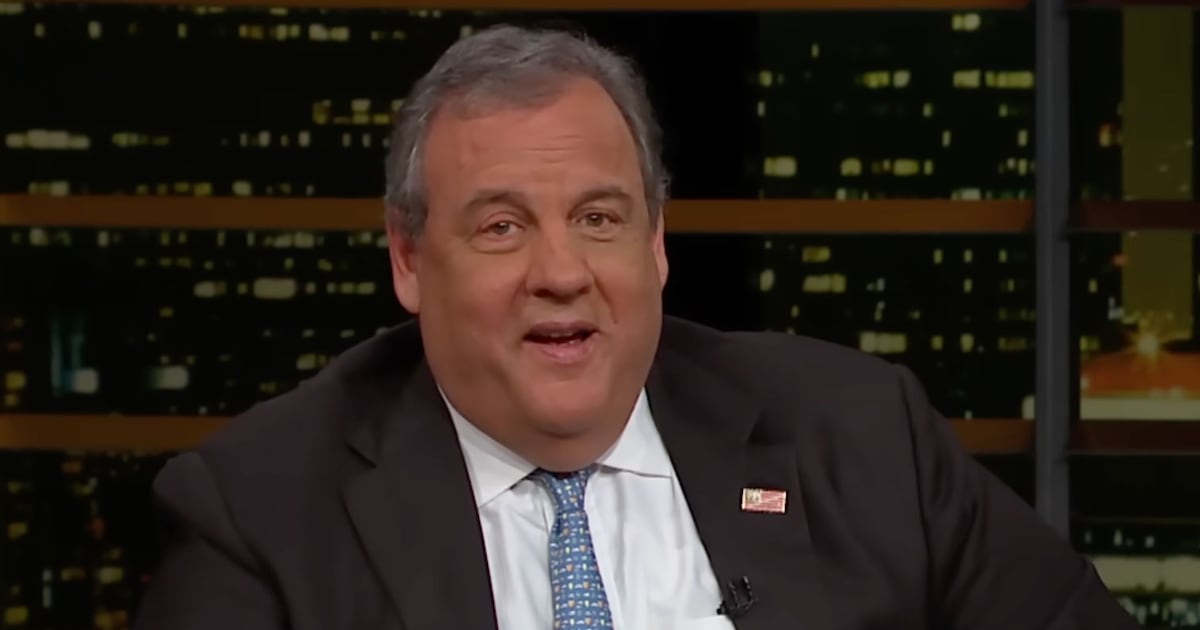
There’s been a Jekyll and Hyde quality to Barack Obama’s attitude toward financial reform.
The rhetoric goes back and forth between the honey of his Cooper Union speech, (“I’m here because I believe that these reforms are, in the end, not only in the best interest of our country, but in the best interest of the financial sector”) and the tough-minded attacks on industry lobbyists who have “waged a relentless campaign to thwart even basic, common-sense rules” that would prevent abuse and protect consumers. But the overall White House strategy has always been to plot a middle course between those in his own party—a slim majority at best—who want to see legislation that addresses the causes of the 2008 banking crisis, and those who prefer smoke and mirrors in the service of allowing Wall Street to continue business as usual.
Why, in a win-if they-win, win-if they-lose situation, are Obama and the Democrats playing for something that looks like a tie?
Had Obama truly wanted to make this a fight that would define his administration, this would have been the easiest one to make. Unlike health care, with its impossibly complicated financing schemes and can’t-tell-your-players-without-a-scorecard spectacle of shifting alliances, to say nothing of problems with “cap and trade” or immigration reform, the Wall Street story was an easy one to tell. As polls indicated throughout the past two years, it was also one to which Americans were ready to be quite receptive. TARP watchdog (and newly minted populist hero) Elizabeth Warren does it in just one paragraph:
“The financial industry wrote rules that allowed it to act recklessly. The industry captured agencies that were supposed to regulate it, taking cops off the beat and funneling enormous resources into the political process to make sure there wouldn’t be any new cops. Then, with no laws to hold them back, the banks made hundreds of billions of dollars on the sales of deceptive products. That went on for years, and the industry’s tricks-and-traps pricing got more and more out of control. Eventually, the sale and re-sale of deceptive mortgages and other dangerous products made trillions of dollars for Wall Street while bringing down the American economy. When the industry’s recklessness brought the biggest banks to the brink of collapse, Wall Street turned to the taxpayers for bailouts and guarantees, which put it right back into big profits and big bonuses.”
Meanwhile, the fact that the SEC set up Goldman Sachs’ Lloyd Blankfein for the Senate equivalent of a perp walk—with the likelihood of not only civil charges but possibly criminal ones as well—makes the story so much easier to sell. (Want to bet on Blankfein’s resignation? Go here to learn where to put your money down.)
And yet even with all its proverbial ducks lined up—a populist crusade is just what the doctor ordered for a divided and dispirited party going into perilous midterm elections—the administration and its lieutenants in Congress are still shooting as many blanks as real bullets at the bad guys. It’s not that their bills are all bullshit, as the Republicans’ clearly are. They contain many worthy measures that would, as almost any fair-minded economist will tell you, provide a proverbial “step [or two] in the right direction.” But somewhere along the line, whether in Obama’s White House, Tim Geithner’s Treasury Department, Barney Frank’s House Banking Committee or Christopher Dodd’s Senate side, a decision was made to let the big fish get away.
How else to explain the refusal to include the Brown/Kauffman bill to break up banks “too big to fail?” Why were Blanche Lincoln’s tough tactics on derivatives trading dropped from the Senate bill? Whatever happened to the creation of a strong consumer protection agency, as Jack Reed, among others, proposed? Why the reluctance to reimpose Glass-Steagall protections, which worked so well for so long? And what, despite Ron Paul’s support for it, is so dangerous about opening up the Fed to a little democratic oversight? (For a menu of worthwhile reforms needed to strengthen the bill on the floor of the Senate, go here and here.
Republicans are clearly nervous about being perceived as the party of the big banks in a year when they have resumed exactly the same kind of behavior that made taxpayers so furious in the first place. It is particularly unseemly, for instance, that Citigroup just took in $4.4 billion in the first quarter of 2010, while JPMorgan Chase made do with $3.3 billion, with unemployment still hovering around 10 percent. And with $140 billion in compensation and benefits, the 2009 bonuses were higher, paying for lots of lobbyists but buying precious little sympathy. Meanwhile, taxpayer bailouts have made these profits possible by allowing the banks to borrow at virtually zero interest and then selling these loans back to consumers for considerable profit. (I did a refi on my apartment today. My rate for a 15-year loan was 4.5 percent, at least 4 percent of that pure profit for the bank. Meanwhile, my Vanguard money-market account is paying me less about one tenth of 1 percent in interest.)
So why, in a win-if they-win, win-if they-lose situation, are Obama and the Democrats playing for something that looks like a tie? Why do they—as they did in the health-care fight—retain the concessions they made in a failed attempt to garner Republican support when there is no Republican support to be garnered?
The floor debate that Republicans tried to avoid may answer these questions. Perhaps they are planning to toughen up the bill, not in the shadows of committee but in the sunshine of open debate. Let’s see how what Ms. Palin proudly calls “the party of hell no” looks with the weight of Mr. Blankfein around its neck. That’s the hope, anyway.
In the meantime, as with health care, there’s a victory in there somewhere. And after all these years, it’s hard to argue with a winner. But truth be told, what’s on the table at the moment looks like pretty thin gruel compared to the feast that fate—and Goldman—looked to be lining up for what was once the Party of the People.
Eric Alterman is a professor of English and journalism at Brooklyn College and a professor of journalism at CUNY Graduate School of Journalism. He is the author, most recently, of Why We're Liberals: A Handbook for Restoring America's Important Ideals.






